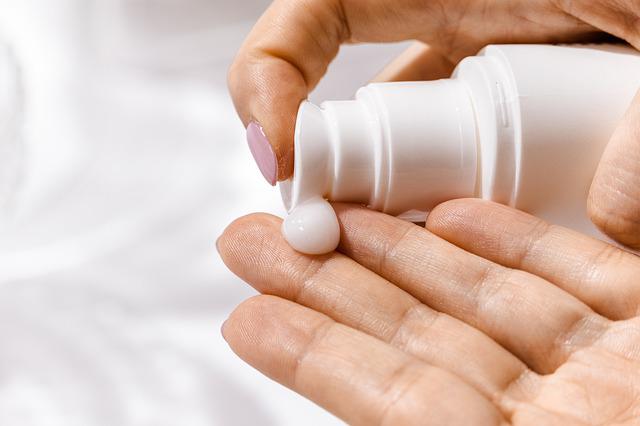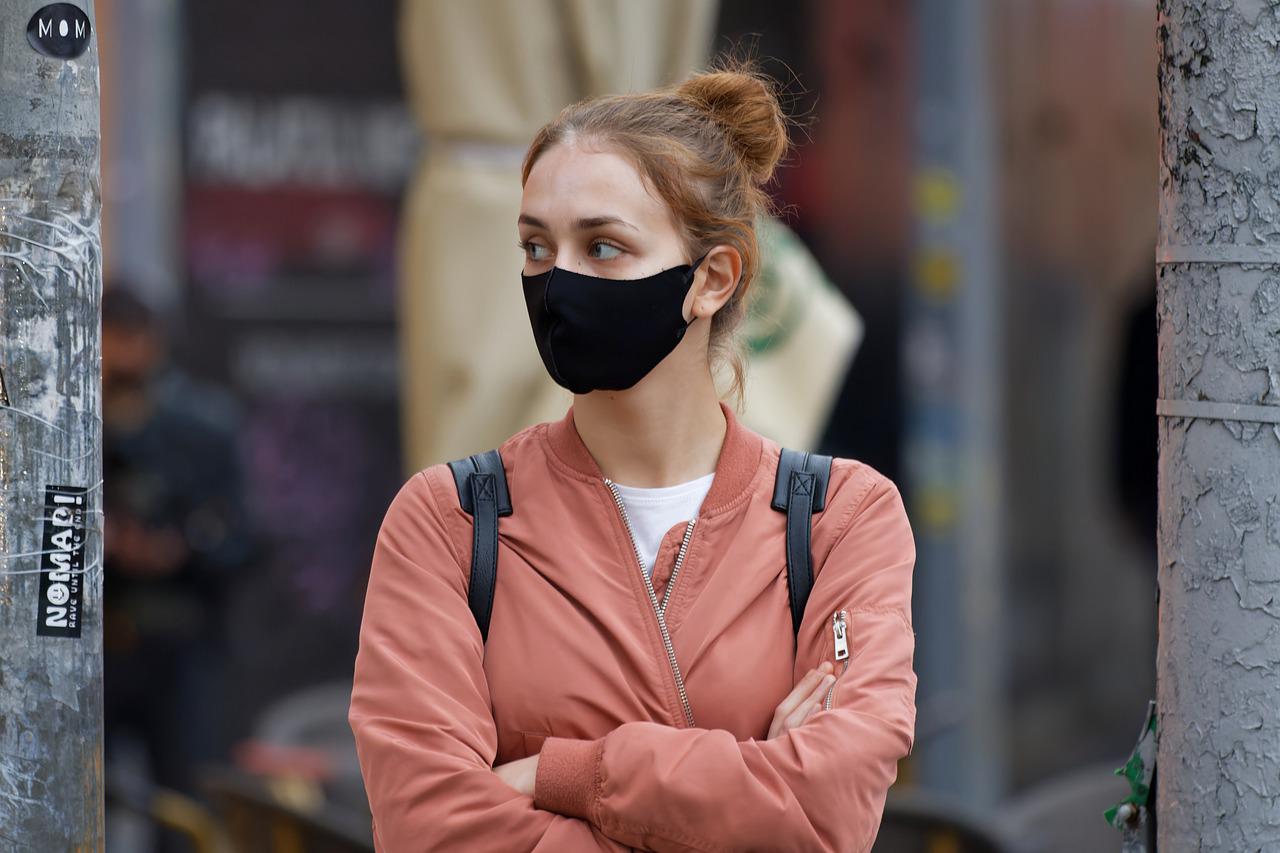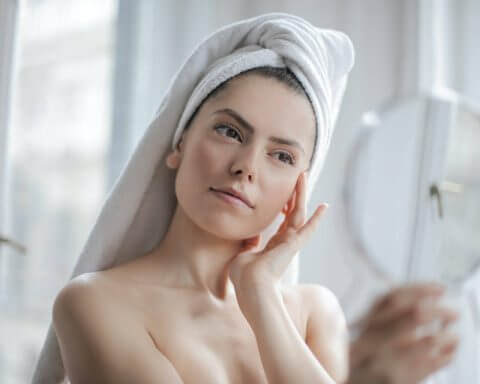The coronavirus pandemic has brought about a radical change in our lives. Despite the advancement in vaccinations, the use of masks remains an important part of our routine. Mask cause mascne, or maskne acne, which is an annoying side effect of wearing them on a daily basis.
The areas of your face your mask covers may have become more prone to red bumps, depending on whether you’re prone to breakouts or have almost perfect skin. Masks can actually be painful, but that doesn’t mean you shouldn’t wear them. That’s why it is essential to know the ways to care for maskne.
In the article below, we’ll explain what causes the problem and we will show you the best ways to avoid it. So stay with us and have a good read!
What is Maskne?
The word “maskne” comes from “mask” and “acne” and is used to describe the impurities that may appear on the skin after using the mask. Typical signs of the maskne are pimples in the mouth and nose area, redness, dry skin, and blackheads. The causes can be diverse: the mask has not been changed for too long, the reuse of used and unwashed masks, make-up, or even the formation of excessive humidity, which over time favors the development of bacteria. In particular, attention should be paid to sensitive and delicate skin, which may be more subject to this type of impurity.
How to Avoid Mascne?
If after wearing masks, you observe breakouts, here is what you should do:
- Wash your face: follow this guideline twice a day using a specific soap for your skin type;
- Avoid hot water: hot water dries the skin and dilates the pores, which contributes to the appearance of acne;
- Hydrate the skin: after cleansing, apply a moisturizer. If you have oily skin, opt for oil-free and non-comedogenic products. Formulas with hyaluronic acid and ceramides are a good choice;
- Use thermal water: this is a product that helps to soothe the skin and also has antibacterial action;
- Keep an eye on the mask: soft materials such as cotton and silk are the least aggressive to the skin. To increase their effectiveness, masks made with them should have two or three layers.
6. Keep an eye on sunscreen: this is an essential item and should not be left out even with the use of the mask. So, when you leave the house, opt for sunscreens with lighter, non-greasy textures.
7. Sanitize your mask: whenever you arrive from the street, remember to wash your mask correctly and make sure it is dry when you use it again.

The use of the face mask is essential to prevent the spread of Covid-19. So, don’t forget to use it correctly. And if you’re dealing with maskne, follow the tips above.
How to Reduce Mascne?
Hygiene and care are important to prevent and treat skin irritation caused by wearing the mask. To begin with, you should wash your face with gentle products that respect the skin’s natural lipid layer and then apply a good moisturizing cream that protects your skin from these irritating factors while using the mask.
To protect the areas of the skin from friction, before putting on the mask, it is essential to use products that have a barrier effect on the skin, such as Vaseline has this occlusive effect.
After removing the mask, if irritation appears or eczema has occurred due to its pressure, it is advisable to use anti-inflammatory creams, mainly topical corticosteroids, with their application at night for a period of 5-7 days.
However, if there is inflammation and secondary wound after the use of the mask, in these cases it would be advisable to use topical corticosteroids associated with antibiotics for proper wound healing.
What Type of Mask to Choose?
The type of mask plays a decisive role in the appearance of maskne, irritation, and redness. There are different types of masks with different levels of protection.
However, using a disposable face mask is probably the best solution to prevent possible rashes.
Surgical masks should be preferred, as they can be replaced more frequently, thus reducing the risk of sebum and dirt concentrations that can favor the appearance of pimples.
The FFP2 and FFP3 masks exert greater pressure on the face and are more occlusive, thus increasing the possibility of friction injuries and moisture accumulation.
In the case of choosing a cloth mask, the ideal is to choose a silk one, as this material is the most suitable for the skin and is the ideal solution to prevent the formation of redness and clogged pores. In this case, it is essential to wash it every day.
In short, it is advisable to change masks after each use, to avoid skin damage and for additional protection.
To help you care for blemishes and maskne, here we present you with some key tips.
Voibon Tips
- Clean your skin well and use better chemical scrubs.
- Repair the skin with minimalist formulas
- Sun protection is essential, even under the mask!






